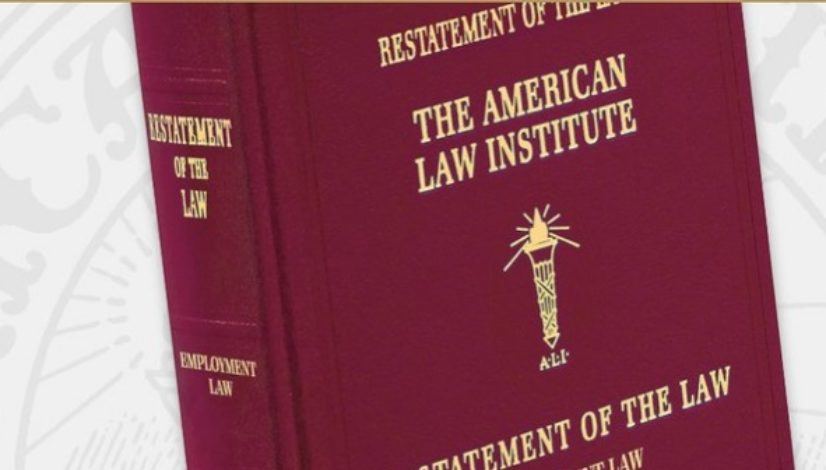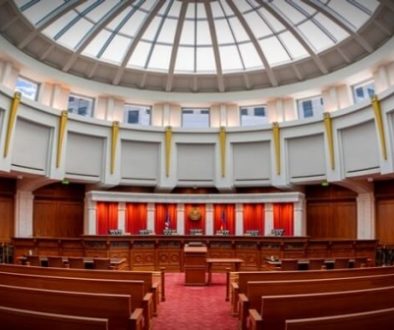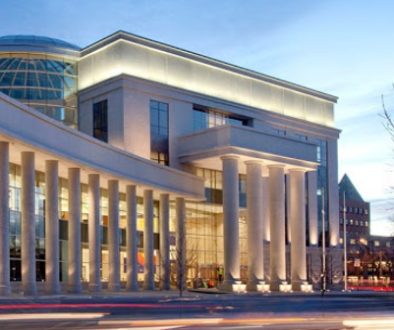Another nail in the coffin of sexual offense registries
By Rory Fleming . . . On June 8, the American Law Institute, arguably the most prestigious non-governmental law reform organization in the country, concluded its national meeting.
One of its agenda items was to have its thousands of elected members—top federal appeals judges among them, who enjoy lifetime appointments after being confirmed by the United States Senate—vote on a draft of the revised chapter of the Model Penal Code for sex crimes. The Model Penal Code, first codified in 1962, helps guide legislation as well as interpretative decisions by courts.
ALI’s membership voted to approve the most recent draft, which included seismic proposed changes to state sex offender registries.
Perhaps most importantly, the approved draft states that these registries should be limited to law enforcement access for law enforcement purposes, as is the case in virtually every other country besides the US.
Currently, the identifies of people registered as having committed sex crimes can be searched on public online databases, along with a slew of other data including their home addresses. The rationale for this has been that it enables parents to make informed decisions about who their children can interact with. But it also means that exile, extortion and vigilante violence are often perpetrated against people with such convictions, and even their family members.
Today, Supreme Court jurisprudence still holds that public registries of this kind are not “punishment,” though lower courts are growing more skeptical. . . .
Several traditional victims’ rights organizations and one major prosecutor organization, the National District Attorneys Association, previously pleaded with ALI membership to reject the draft of the revised chapter. The NDAA represents elected top local prosecutors nationwide. On June 4, these groups sent a letter questioning sentencing ranges for certain crimes, which crimes qualify a person for the registry, and other items.
What is actually surprising is what they left out.
The letter states that the suggestion that the registry be restricted to law enforcement access is problematic because there is “no exception for organizations conducting background checks for employment or volunteer positions which involve interaction with or care of children.”
This is a reasonable point of debate. The United Kingdom, for example, allows these types of organizations to inquire about its national registry on a need-to-know basis.
But the letter makes no following argument that registries should be public for all purposes for anyone who wants to know. This omission is essentially a tacit concession that there is no legitimate public safety argument to be made in favor of a public registry—that any marginal gains of parents being able to search online registries are outweighed by the well-documented harms of such public exposure.
Read the full piece here at Filter.


